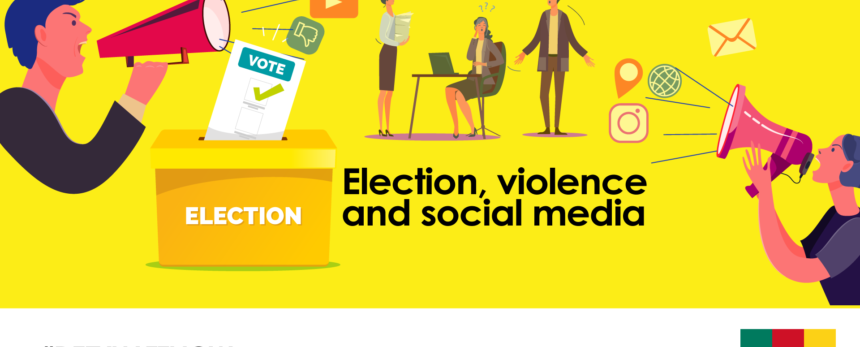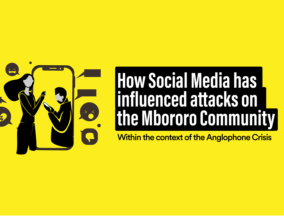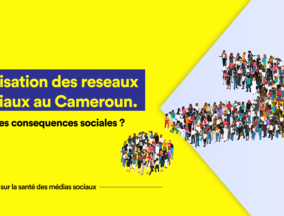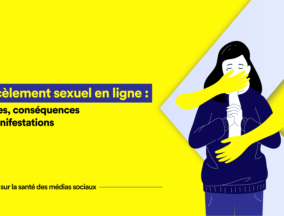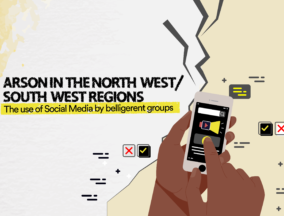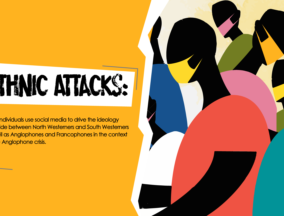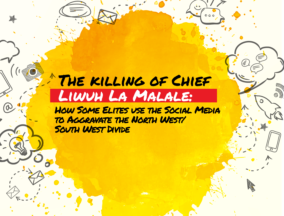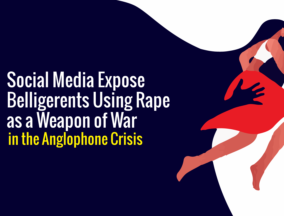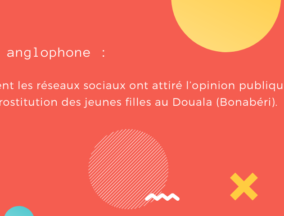Elections, violence and social media
Legislative and local council elections in Cameroon have taken place even though they were overshadowed by separatist violence, which displaced hundreds of thousands of people, and a partial opposition boycott. Sunday9th elections witnessed threats both online and offline from activists in the diaspora and fighters on the ground. These threats served as a reminder of the pre-election threats that had earlier been perpetuated by pro-independence activists in the diaspora who called on locals to boycott the elections.
The lockdown instituted by activist and enforced by separatist fighters took effect from 6-11 February 2020. While locals stayed home, the use of social media was high as many people used their social media handles to give engaging discussions regarding the Sunday 9th polls.
After Sunday the platforms were used to throw insults at the leading Cameroon People’s Democratic Movement (CPDM) as unofficial results stipulated that the party won a majority of the council sits in the Northwest Region. The news which came weeks before the proclamation of results created an atmosphere of hate online as platforms loyal to the government were attacked by others loyal to the revolution. Pro-Independence loyalist accused Elections Cameroon to be an arm of the regime and that, military men, as well as security officers made up part of the electorates. Many have therefore questioned why activists called for a boycott and were interested in the process.
#DefyHateNow take of the week: During the Cameroon elections, social media platforms like Facebook continued to respect their community standards by holding accountable individuals and groups who went against their standards. This was witnessed when a number of accounts advancing hate-speech were suspended. This shows great initiative by Facebook and other platforms in the fight against hate speech and misinformation online.

